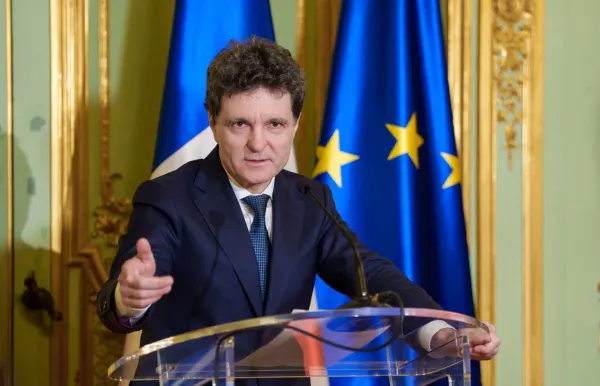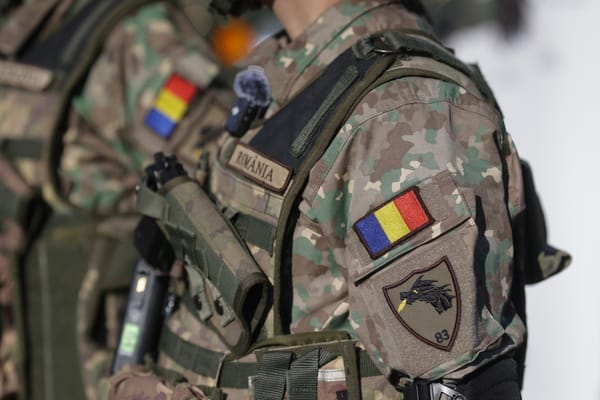
Central Europe divided on EU sanctions against Russia
As the European Union pushes forward with increasingly stringent sanctions against Russia in response to its actions in Ukraine, Central European countries—Romania, Czechia, Slovakia, Poland, and Hungary—have shown markedly different approaches in their alignment and enforcement of these measures. The variations reveal the complex interplay of economic dependencies, political priorities, and national interests shaping each country’s response within the EU framework.
Romania: Firm enforcement and legal toughening
Romania stands out for its strong commitment to fully implementing EU sanctions. It has taken proactive steps such as planning to criminalize attempts to circumvent sanctions, particularly targeting evasion tactics related to the Russian oil price cap. Beyond following EU mandates, Romania imposed independent restrictions, including banning Russian airline flights and withdrawing from Russian-linked financial institutions. This assertive stance signals Romania’s alignment with EU unity against Russia and a clear intention to enforce sanctions rigorously to uphold the collective pressure on Moscow.
Czechia: Robust support coupled with legislative action
The Czech Republic has actively supported the EU sanctions and strengthened its legal framework to prevent sanction evasion. Notably, it ended exemptions related to Russian oil pipeline imports, signaling a clear move away from Russian energy dependence. Czechia introduced an anti-evasion rule allowing authorities to require export licenses when suspicions arise that goods may reach Russia. The passage of national sanctions legislation demonstrates its readiness to swiftly impose measures where EU-wide action is insufficient, underscoring a strong enforcement orientation consistent with EU goals.
Slovakia: Conditional support with economic reservations
Unlike Romania and Czechia, Slovakia’s approach has been more cautious and politically divided. Prime Minister Robert Fico’s previous vetoes of certain sanction packages reflect concerns about the damaging economic effects on Slovakia’s automotive industry and energy prices. Recent developments show Slovakia is prepared to support the EU’s 19th sanctions package only if its demands—such as addressing the impact of climate policies and securing an assured transition away from Russian gas—are met. Slovakia’s position epitomizes a balancing act between political-economic pragmatism and EU solidarity.
Poland: Proactive harmonization and expanded enforcement
Poland has moved swiftly to align its national sanctions legislation with the EU enforcement directive, broadening restrictive measures to encompass wider human rights and security concerns beyond just Russia. Its draft law introduces criminal penalties for sanctions violations, highlighting Poland’s intent to enforce the EU sanctions regime decisively. Poland’s assertiveness reflects both its geopolitical stance and its desire to set robust compliance standards within the region.
Hungary: Reluctance coupled with EU pressure
Hungary remains the most reluctant country among the group to fully embrace EU sanctions on Russia. It continues importing Russian LNG under special exceptions, causing friction with Brussels. The EU’s decision to link a significant €550 million funding release to Hungary’s enforcement efforts underlines the increasing pressure Budapest faces to comply. Hungary’s stance is shaped by internal political resistance and concerns about energy security, leading to a notable divergence from the more aligned positions of its neighbors.





